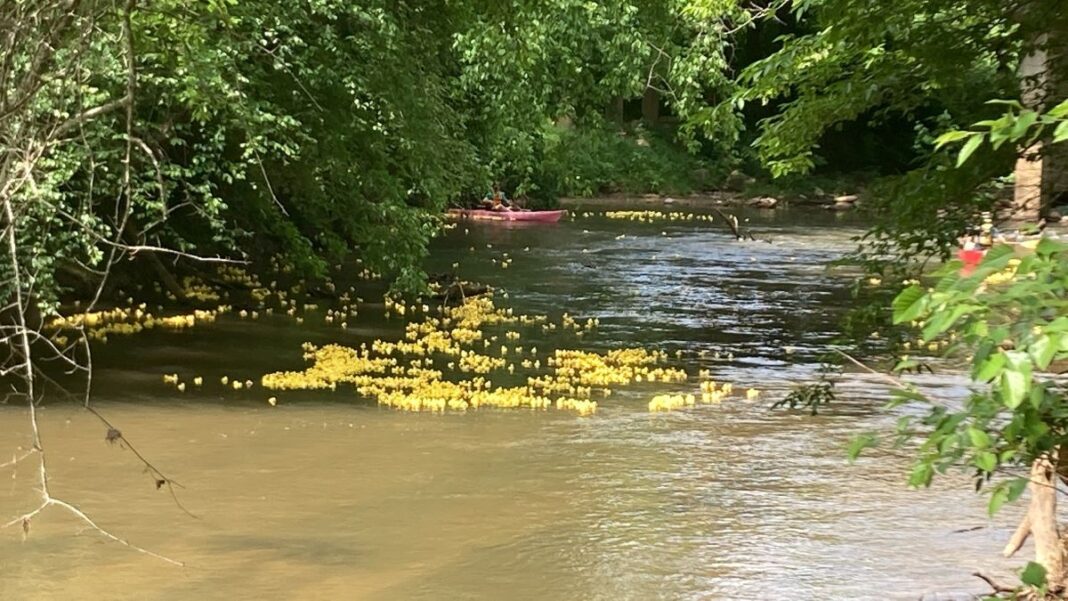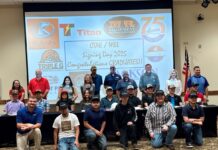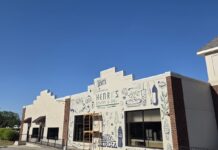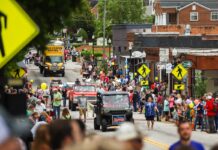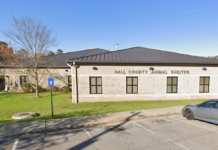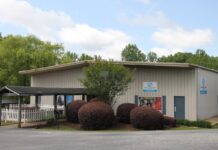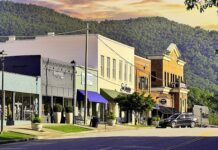I failed at French cooking. Twice.
The first time, I burned the roux. The second, I forgot to preheat the oven while anxiously rereading Julia Child’s cheerful but utterly unforgiving prose. In a fit of domestic shame, I tried to redeem myself by painting the kitchen island. I gave up halfway through, somewhere between eggshell and cream. Instead, I reorganized the kitchen cabinets with military precision. I ordered a shoe rack to bring some structure to the chaos of my closet. I laundered the linens and stacked them with reverence. I finally opened the iron my great-aunt sent me as a wedding gift, which until then I had repurposed as a decorative paperweight. The dust bunnies vanished. The Sunkist stain on the living room rug—a casualty of pregnancy cravings—finally disappeared.
I couldn’t figure out the food processor. I forgot the blade. Twice. Still, a small, fragrant spice garden bloomed on our patio. It wasn’t much, but it was progress.
I was three weeks into being a housewife and six months into a difficult pregnancy when I picked up the local newspaper. Not to skim. I read every page. Buried between a story on county commissioners and a photo of the high school homecoming queen, I found something that gave me pause: a call for volunteers. Volunteers for Literacy of Habersham County was seeking ESOL teachers.
I stared at the ad. Around me, the house was tidy. My ankles were swollen. I had reorganized every drawer, folded every towel, and cleaned every baseboard. Still, I felt adrift. I sent an inquiry email.
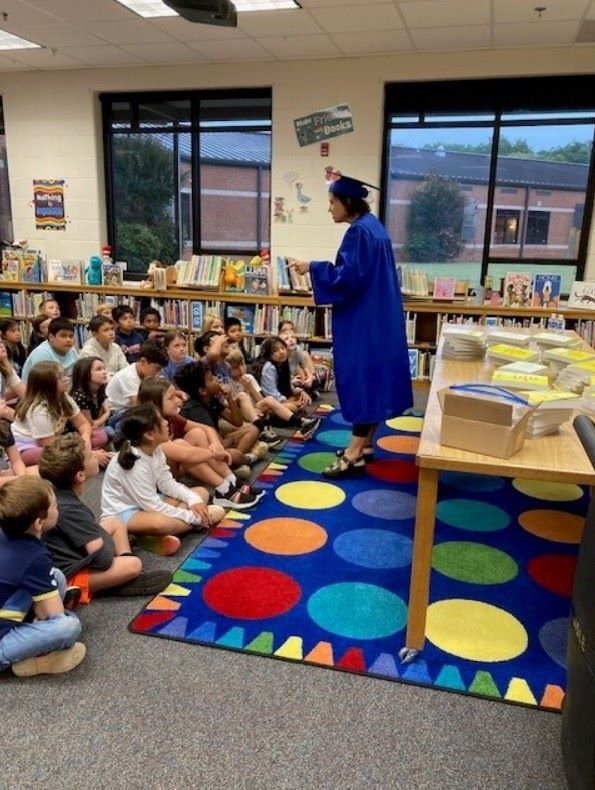
Volunteers for Literacy of Habersham (VFL) doesn’t have a flashy logo or viral social media campaign. But its presence in Northeast Georgia is profound. VFL provides free literacy services to children and adults, focusing on the county’s most vulnerable
populations: immigrants, low-income families, and those who never had the chance to
finish school.
Their mission is simple but essential. According to Niche.com, reading proficiency rates hover between 30 and 40 percent in schools like Cornelia Elementary and Level Grove Elementary. These aren’t just test scores. They represent real kids—students falling behind before they reach middle school. Many come from homes where English isn’t spoken or where parents work multiple jobs and don’t have time to help with spelling words.
VFL steps in where the system falters. They offer adult English classes, host reading fairs, and run initiatives like the Dictionary Project and Scripps Spelling Bee. However, one of their most powerful tools is the Little Free Library. Scattered across parks and schoolyards, these birdhouse-shaped book stands offer free books—no library card, no late fees. These little libraries are lifelines for children who live miles from a public library or whose parents can’t afford gas or time off work.
When COVID shut down schools and closed public libraries, VFL kept going. Volunteers delivered books to doorsteps. They kept learning alive. We often treat poverty as a fixed state, a grim inevitability. But literacy changes that.
Children who read well by third grade are far more likely to graduate from high school. Adults who read confidently are likelier to vote, earn better wages, and raise children who succeed in school.
When VFL teaches adults to read, they aren’t just giving a skill—they’re giving power. The power to navigate bureaucracy. The power to read a job posting, a lease agreement, a voting ballot. The power to belong.
How Grassroots Efforts Address Root Causes
Habersham County has changed. Where a high school diploma once guaranteed steady work in agriculture or textile mills, those opportunities have largely vanished. The mills have shut down, and the farms have consolidated. In their place, the local economy now leans heavily on warehouse labor, long commutes, and low-wage service jobs.
What was once stable, generational employment has been replaced by part-time hours and economic uncertainty. Nearly one in five residents now lives in poverty. Schools struggle. Reading scores lag. And yet, amidst this hardship, there is also resilience.
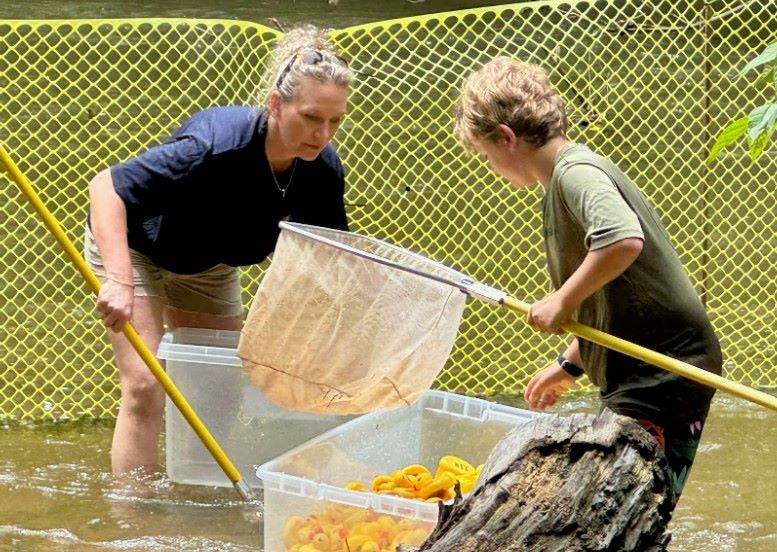
Hispanic and Latino residents make up over 16 percent of the county population, which has doubled since 2000. Many work in poultry processing or seasonal farm labor. They often become scapegoats in public conversations about Habersham education. But the data tells another story. Since 2019, literacy rates have held steady or improved. Reading has ticked upward. Math scores have declined at Habersham Central High School; proficiency currently sits at just 17%. The problem isn’t immigration. It’s disinvestment, with few free resources for struggling students in vital subjects like math.
“The families struggling to read aren’t struggling because they speak Spanish,” one volunteer told me. “They’re struggling because they don’t have time, books, or bandwidth.”
A retired teacher put it bluntly: “People say, ‘Back when I was a kid, we didn’t have these problems.’ But back then, mom was home, dad had a pension, and books came in the mail. We can’t compare without acknowledging what’s changed.”
What hasn’t changed is the power of literacy.
Volunteers for Literacy of Habersham is an organization committed to improving literacy rates and providing educational support to individuals of all ages. Their programs include English lessons for immigrants, the Dictionary Project, Little Free Libraries, and the Scripps Spelling Bee, among others. These initiatives are designed to meet the diverse needs of the community and promote lifelong learning.
In early spring, the literacy movement in Habersham County takes on a more playful shape. Each year during the Mountain Laurel Festival—one of Northeast Georgia’s most beloved traditions—Volunteers for Literacy hosts two charming events: the Dec-A-Duck competition and the crowd-favorite Duck Race.
Though often mentioned together, these events feature very different ducks. In Dec-A-Duck, local businesses, students, and community members transform ordinary rubber ducks into miniature works of art. From Dolly Parton to Mr. Rogers, the decorated ducks turn local libraries into whimsical galleries, where judges select winners for creativity and flair. Anyone can enter—businesses, organizations, or individuals, with a cash prize awaiting the top duck.
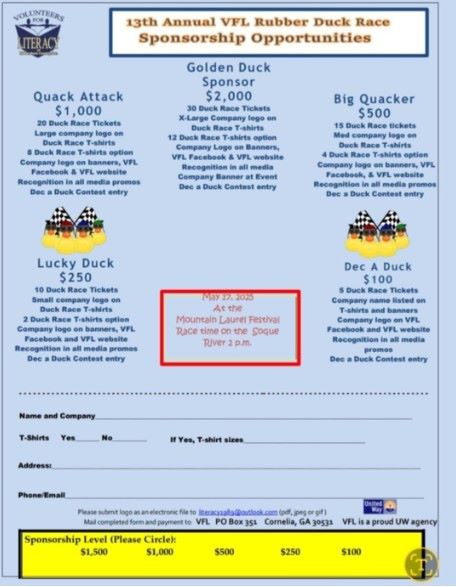
Meanwhile, the Duck Race brings excitement to the Soque River. Amid laughter and cheers, hundreds of classic yellow rubber ducks are launched into the current, racing downstream toward the finish line. The first duck to cross earns its sponsor both glory and a prize.
Together, these events blend fun and fundraising, reminding the community that literacy can be both meaningful and joyful.
Conclusion
That day, I didn’t master motherhood or conquer Julia Child, but I sent an email. By the end of the month, I was sitting across from my first student and eventually transitioning to a marketing role. Sometimes, purpose doesn’t come with a paycheck or applause.
Sometimes, it waits quietly, tucked into a newspaper, nestled in a kitchen drawer, growing in a spice garden.
Sometimes, it comes in the form of a book—freely given, lovingly read. Interested in participating as a sponsor? Email: [email protected] for more information.
Carly McCurry is the publisher of The Cute North Georgian magazine. Her work appears on NowHabersham.com in partnership with Now Network News.

